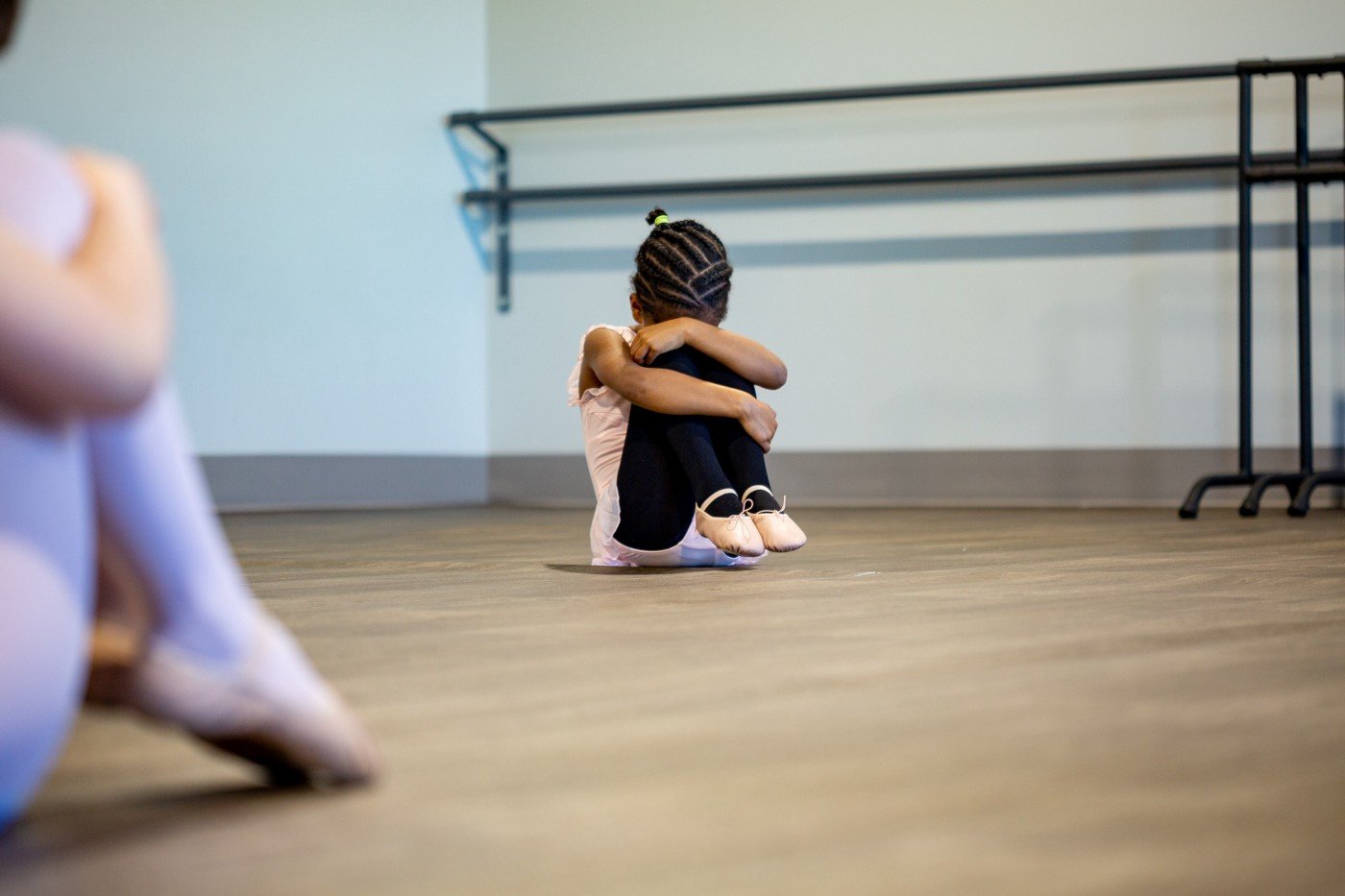"My child is self-harming."

Finding out that your child is self-harming can be a parent's worst nightmare. But with sound information and support, you can help keep your child safe.
Below, we've compiled a list of FAQs from parents about what to do if your child is self-harming.
I think my child is self-harming. How do I know if they actually are?
Some signs of potential self-harm are:
- unexplained cuts or burn marks, especially on the arms, legs, and abdomen
- wearing clothes like long sleeves or pants when it's not appropriate for the weather
- isolating in the bedroom or bathroom for long periods of time
Keep in mind that these might be indications of self-harm, but the best way to know for sure is to talk to your child. Try talking in a non-confrontational tone and prioritize listening to your child and asking questions about their well-being and safety.
I don't want my child to feel attacked or like I've violated their privacy… Do I say something to them if I suspect self-harm?
Yes — it's very important that self-harming behavior is addressed immediately and with compassion. You can say something simple and direct like: "I've noticed some scars on your body. How are you doing? Are you harming yourself?"
I know my child is self-harming. I'm afraid and sad and I feel like this is my fault. What do I do?
Children with loving and attentive parents can still have mental health challenges. Your child having a mental health challenge does not mean that you've failed as a parent. Self-harm is a harmful coping tool that your child has adopted to deal with some stressor, emotional challenge, and/or diagnosis. It's not indicative of your skills as a parent.
The best way to approach the situation is calmly. So, take time to address your own emotions first.
Sometimes, parents are overwhelmed with fear, guilt, or sadness when they find out that their child has been self-harming, and they may try to impose consequences or use shaming, sarcasm, or punishment to deal with their child's behavior. But because self-harm is often driven by strong, painful emotions, approaching your child with these reactions can actually lead to more harm rather than a true solution.
Is my child suicidal?
Self-harm does not mean your child is suicidal. However, self-harm does put someone at a higher risk of suicide in the future. So while it's not necessarily suicidal behavior, it is a high-risk behavior that should be addressed as soon as possible and with the help of a mental health professional.
If you are ever concerned that your child is in crisis or may be considering suicide, it’s important to take action. Here are some crisis resources:
- Call 988 (National Suicide Prevention Hotline)
- Call 1-800-273-TALK (tel:1-800-273-TALK) (8255) to reach a 24-hour crisis center
- Text 741741 to reach the Crisis Text Line
- Call 911
- Go to your local nearest emergency room for an assessment
Are they doing this for attention?
No. Self-harm is a desperate attempt to feel better. Many people who self-harm are facing stressors that feel excruciating and that they don't know how to deal with. Self-harm is often used to try and feel better in the short-term. Your child may not understand why exactly they feel so desperate in those moments, but this does not mean that they only want attention.
Use active listening to help your child feel supported and to help them figure out what's really going on.
Why is my child doing this? We have a great life.
Many parents feel confused and even offended after finding out that their child is self-harming because they are providing many comforts and luxuries that they did not receive as children. Sometimes, parents feel like a child is selfish or weak because the stressors the child is facing are small compared to what their parent has survived.
But peer conflict, social anxiety, depression, and other common stressors are heavy burdens to carry, and whatever level of stress that your child is facing, it's important to listen with a non-judgmental ear. Understand that what your child is going through is important to them, and it does not need to rise to any yardstick of hardship to be real.
How do I keep my child safe?
- Include your child in a plan to stay safe. Your child's input, engagement, and commitment to staying safe is a huge predictor of success.
- With your child, walk through your home and take precautions to make the space safe. Self-harm is often impulsive, so taking away opportunities to harm will give your child room to choose a more healthy coping strategy.
- Lock away things that may provide an opportunity for self-harm. That might include knives, guns, scissors, razors, other sharp objects, medication, bleach, other potentially harmful cleaning supplies, and alcohol.
- Check in periodically throughout the day to ask how your child is doing.
- Provide non-punitive supervision to your child. It's important to keep an eye on your child during this time, but avoid framing it as a punishment or a consequence of their having done something wrong.
- While self-harm is still a risk factor, make a plan to avoid long periods when your child does not have trusted adult supervision.
- Seek professional help from a therapist and/or psychiatrist.
Where can I learn more about self-harm and how to help my child?
Commitment to ongoing learning about self-harm and mental health is the best approach to handling a challenge like this. Keep in mind that every family is different and your child's situation will change and evolve over time.
Some great next reads are:
- Cornell Research Program on Self-Injury and Recovery: Information for parents
- Mayo Clinic: Self-injury/cutting
Dealing with self-harm can be a hard time for families. Just know that your family is not alone and that many youth have recovered from self-harm behaviors. With a plan, consistency, attention, and patience, you can look forward to your child's improved health and safety.
Photo by Külli Kittus on Unsplash

